| Line 171: | Line 171: | ||
<li><a class="waves-effect waves-dark" href="https://2018.igem.org/Team:HUST-China/Comparison between PSB">Comparison between PSB</a></li> | <li><a class="waves-effect waves-dark" href="https://2018.igem.org/Team:HUST-China/Comparison between PSB">Comparison between PSB</a></li> | ||
<li><a class="waves-effect waves-dark" href="https://2018.igem.org/Team:HUST-China/Sort of three genes">Sort of three genes</a></li> | <li><a class="waves-effect waves-dark" href="https://2018.igem.org/Team:HUST-China/Sort of three genes">Sort of three genes</a></li> | ||
| − | <li><a class="waves-effect waves-dark" href="https://2018.igem.org/Team:HUST-China/ | + | <li><a class="waves-effect waves-dark" href="https://2018.igem.org/Team:HUST-China/Software">Intelligent device software</a></li> |
</ul> | </ul> | ||
</li> | </li> | ||
| Line 229: | Line 229: | ||
<div class="about-logo"> | <div class="about-logo"> | ||
<h3><strong>1. <span class="red-content">Hold the 5th iGEM Central China Regional Conference</span></strong></h3> | <h3><strong>1. <span class="red-content">Hold the 5th iGEM Central China Regional Conference</span></strong></h3> | ||
| − | <p>From July 10th to 11th, 2018, the iGEM HUST-China team successfully held the 5th iGEM Central China Regional Conference. The event aimed at promoting the understanding of each team in their competition projects, improving the project content, and giving opportunities for communication and mutual learning between different teams. The teams invited to participate in the conference were the 2018 iGEM team HZAU-China, NCTU-Formosa, WHU-China, NCHU and HUST-China. At the meeting on July 11th, each team will make a 20-minute English presentation time to introduce the project content and current progress of their competition projects, while other teams listened cand raised questions and shared their opinions. Each team presented a number of constructive issues related to project feasibility, safety, experimental protocols, modeling methods, economic costs and application prospects. During the period, delegates also had a lively and in-depth discussion on some of these issues. Many of the questions and suggestions raised in the conference have effectively pointed out the possible disappointments of the project and provided feasible solutions to these problems. We exchanged thoughts and built a sincere friendship in this meeting which laid a foundation for the communication and cooperation. Besides, we helped WHU-China and HZAU-China to cryodesiccate the samples with 96-well plates and send them to Nanjing together when we were submitting the parts.</p> | + | <p>From July 10th to 11th, 2018, the iGEM HUST-China team successfully held the 5th iGEM Central China Regional Conference. The event aimed at promoting the understanding of each team in their competition projects, improving the project content, and giving opportunities for communication and mutual learning between different teams. The teams invited to participate in the conference were the 2018 iGEM team HZAU-China, NCTU-Formosa, WHU-China, NCHU and HUST-China. At the meeting on July 11th, each team will make a 20-minute English presentation time to introduce the project content and current progress of their competition projects, while other teams listened cand raised questions and shared their opinions. Each team presented a number of constructive issues related to project feasibility, safety, experimental protocols, modeling methods, economic costs and application prospects. During the period, delegates also had a lively and in-depth discussion on some of these issues. Many of the questions and suggestions raised in the conference have effectively pointed out the possible disappointments of the project and provided feasible solutions to these problems. We exchanged thoughts and built a sincere friendship in this meeting which laid a foundation for the communication and cooperation. Besides, we helped <a href="https://2018.igem.org/Team:WHU-China/Collaborations" style="color:blue;">WHU-China</a> and <a href="https://2018.igem.org/Team:HZAU-China/Collaborations" style="color:blue;">HZAU-China</a> to cryodesiccate the samples with 96-well plates and send them to Nanjing together when we were submitting the parts.</p> |
</div> | </div> | ||
| Line 316: | Line 316: | ||
<h3><strong>5. <span class="red-content">BNU-China</span></strong></h3> | <h3><strong>5. <span class="red-content">BNU-China</span></strong></h3> | ||
<p> | <p> | ||
| − | This year, team BNU-China contacted us because they were intersted in our project in 2015 which was relevant to their project this year. Therefore, they contacted our team members who was responsible for the experimental design, and asked for some details about our project. We answered their questions about designing of surface display pathway, properties of viscous protein Mcfp-3 and silica binding protein Si-tag and the characterization of their functional properties. | + | This year, team <a href="https://2018.igem.org/Team:BNU-China/Collaborations" style="color:blue;">BNU-China</a> contacted us because they were intersted in our project in 2015 which was relevant to their project this year. Therefore, they contacted our team members who was responsible for the experimental design, and asked for some details about our project. We answered their questions about designing of surface display pathway, properties of viscous protein Mcfp-3 and silica binding protein Si-tag and the characterization of their functional properties. |
</p> | </p> | ||
</div> | </div> | ||
| Line 329: | Line 329: | ||
<h3><strong>6. <span class="red-content">USTC</span></strong></h3> | <h3><strong>6. <span class="red-content">USTC</span></strong></h3> | ||
<p> | <p> | ||
| − | Since the USTC did a project related to Shewanella last year, we contacted the team members of this iGEM team and they provided us with the wild type of Shewanella and the shuttle plasmid of Escherichia coli- Shewanella pYYDT. In addition, they also provided us with some experience and suggestions on the cultivation and integration of Shewanella. | + | Since the <a href="https://2018.igem.org/Team:USTC-Software/Collaborations" style="color:blue;">USTC</a> did a project related to Shewanella last year, we contacted the team members of this iGEM team and they provided us with the wild type of Shewanella and the shuttle plasmid of Escherichia coli- Shewanella pYYDT. In addition, they also provided us with some experience and suggestions on the cultivation and integration of Shewanella. |
</p> | </p> | ||
</div> | </div> | ||
| Line 341: | Line 341: | ||
<h3><strong>7. <span class="red-content">NCHU_Taichung</span></strong></h3> | <h3><strong>7. <span class="red-content">NCHU_Taichung</span></strong></h3> | ||
<p> | <p> | ||
| − | Besides that we contacted team NCHU_Taichung and they gave us the shuttle plasmid of Rhodopseudomonas palustris-E. coli. Furthermore, they also gave some suggestions on the cultivation and transformation of Rhodopseudomonas palustris. In addition, since team NCTU_Taichung was the first time to participate in this competition, they may be lack of experience of modeling. Thus, they wrote several emails to ask our team members about this part. We gave assistance to them on structure and direction. | + | Besides that we contacted team <a href="https://2018.igem.org/Team:NCTU_Formosa/Collaborations" style="color:blue;">NCHU_Taichung</a> and they gave us the shuttle plasmid of Rhodopseudomonas palustris-E. coli. Furthermore, they also gave some suggestions on the cultivation and transformation of Rhodopseudomonas palustris. In addition, since team NCTU_Taichung was the first time to participate in this competition, they may be lack of experience of modeling. Thus, they wrote several emails to ask our team members about this part. We gave assistance to them on structure and direction. |
</p> | </p> | ||
</div> | </div> | ||
| Line 354: | Line 354: | ||
<h3><strong>8. <span class="red-content">Tianjin</span></strong></h3> | <h3><strong>8. <span class="red-content">Tianjin</span></strong></h3> | ||
<p> | <p> | ||
| − | In the course of project researching, our team was fortunate to read a paper from Tianjin University, which is of great help to our project. Therefore, we contacted the students of team Tianjin and contacted their instructor. The instructor answered many questions about the paper patiently and gave some advice for our project. In late August of this year, our team's student, Cheng Long , had an opportunity to communicate with their iGEM team members about their programme which was focus on Shewanella , visit their laboratory and power generation equipment. Furthermore, this year team Tianjin has designed a synthetic biology picture book for children’s enlightenment. When they told us their intention, our team found that it was a meaningful thought and could help children know more about synthetic biology which was good for their growth. Therefore, our team came up with some suggestions on stories for their picture book. | + | In the course of project researching, our team was fortunate to read a paper from Tianjin University, which is of great help to our project. Therefore, we contacted the students of team Tianjin and contacted their instructor. The instructor answered many questions about the paper patiently and gave some advice for our project. In late August of this year, our team's student, Cheng Long , had an opportunity to communicate with their iGEM team members about their programme which was focus on Shewanella , visit their laboratory and power generation equipment. Furthermore, this year team <a href="https://2018.igem.org/Team:Tianjin/Collaborations" style="color:blue;">Tianjin</a> has designed a synthetic biology picture book for children’s enlightenment. When they told us their intention, our team found that it was a meaningful thought and could help children know more about synthetic biology which was good for their growth. Therefore, our team came up with some suggestions on stories for their picture book. |
</p> | </p> | ||
</div> | </div> | ||
Revision as of 21:18, 17 October 2018
Collaboration
1. Hold the 5th iGEM Central China Regional Conference
From July 10th to 11th, 2018, the iGEM HUST-China team successfully held the 5th iGEM Central China Regional Conference. The event aimed at promoting the understanding of each team in their competition projects, improving the project content, and giving opportunities for communication and mutual learning between different teams. The teams invited to participate in the conference were the 2018 iGEM team HZAU-China, NCTU-Formosa, WHU-China, NCHU and HUST-China. At the meeting on July 11th, each team will make a 20-minute English presentation time to introduce the project content and current progress of their competition projects, while other teams listened cand raised questions and shared their opinions. Each team presented a number of constructive issues related to project feasibility, safety, experimental protocols, modeling methods, economic costs and application prospects. During the period, delegates also had a lively and in-depth discussion on some of these issues. Many of the questions and suggestions raised in the conference have effectively pointed out the possible disappointments of the project and provided feasible solutions to these problems. We exchanged thoughts and built a sincere friendship in this meeting which laid a foundation for the communication and cooperation. Besides, we helped WHU-China and HZAU-China to cryodesiccate the samples with 96-well plates and send them to Nanjing together when we were submitting the parts.
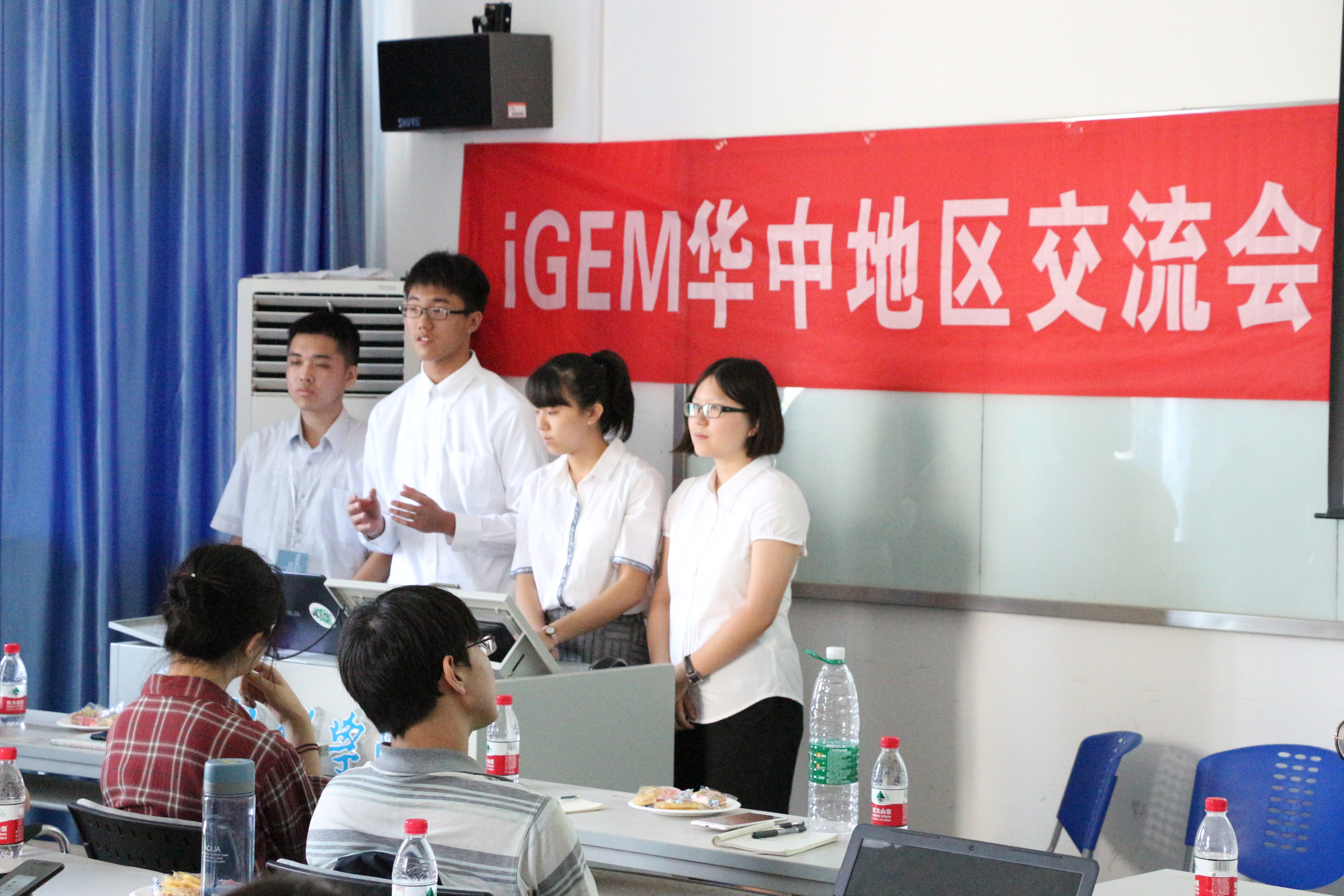
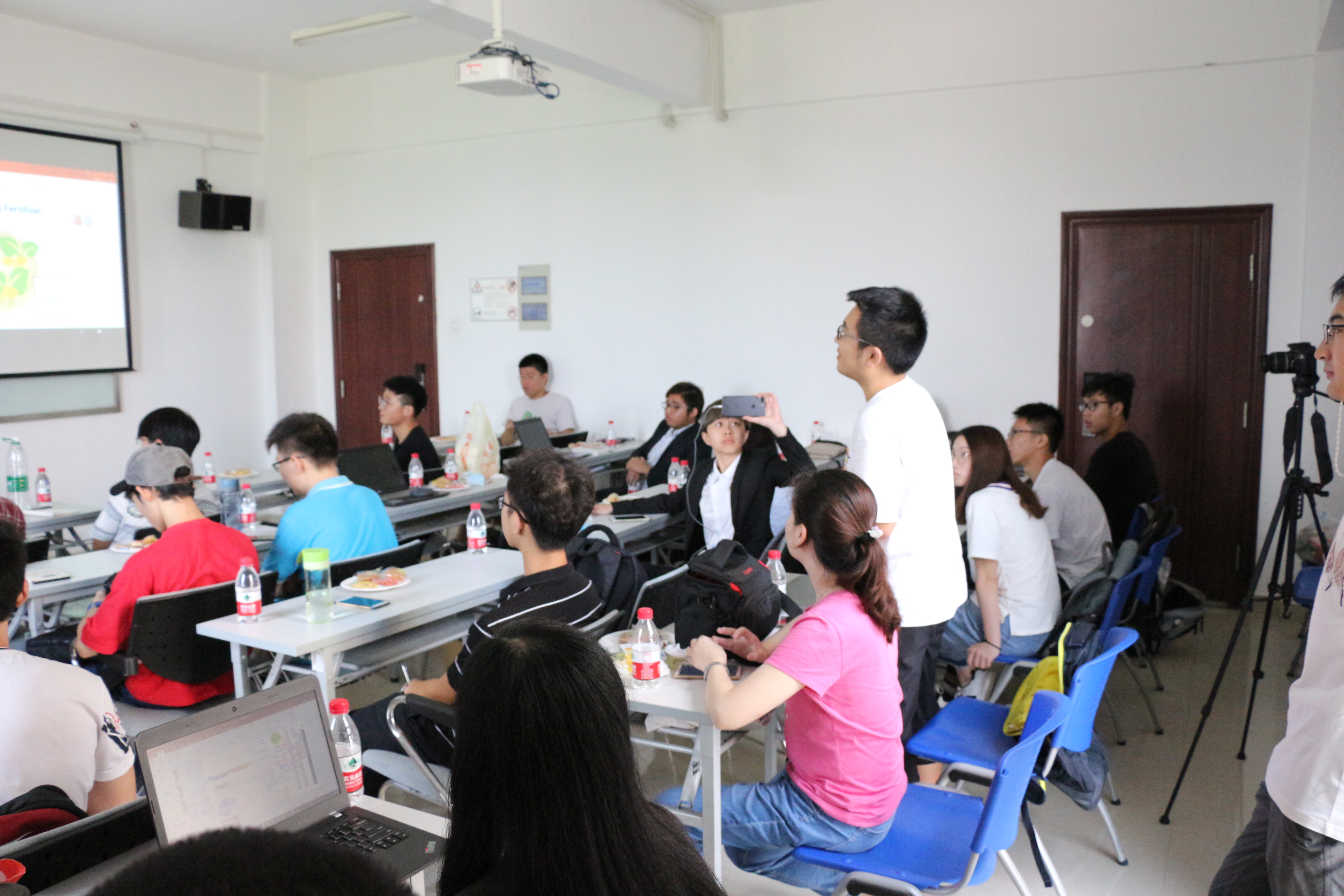

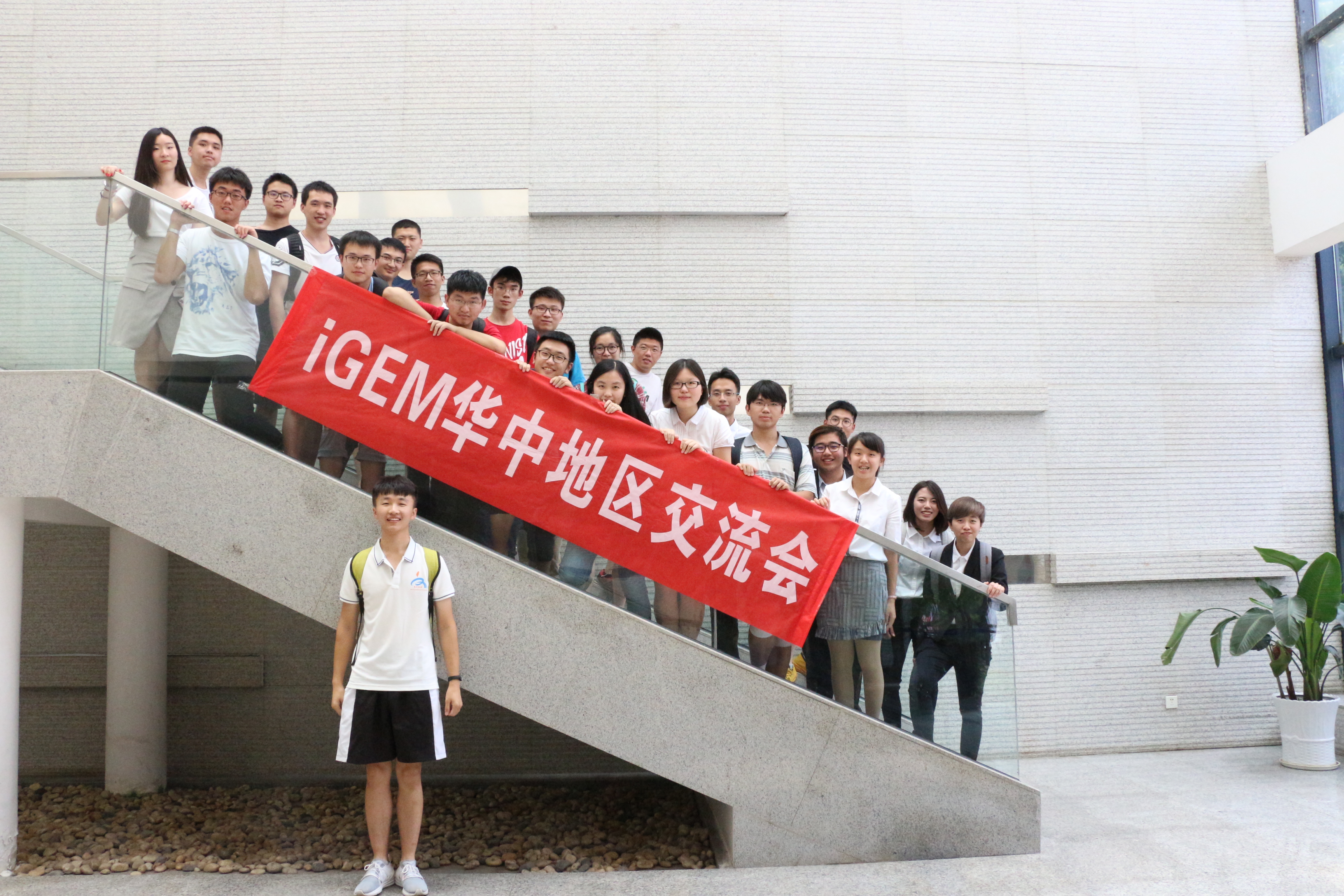

2. Participating in CCIC
The CCiC Conference is an academic conference launched by Chinese iGEMers. Its purpose is to promote the development of synthetic biology in China. In the 5th CCiC, our team worked as an organizer in the initial preparation of CCiC. During the meeting, we invited professors major in synthetic biology to communicate with iGEMers. We listened to lectures from top scholars in synthetic biology and gained a clearer understanding of the meaning of synthetic biology and its practical applications. In addition, we also introduced our project to other iGEMers so that they could give some suggestions to us about our project. We also enhanced the friendship with each other. The common progress has fully reflected the spirit of iGEMer's synergy. When we were introducing our project, students from other team asked several questions about our interview with companies. By knowing about the situation of market and social requirements, we can make our project more suitable for the status at present.


3. Manchester United iGEM Idea Exchangement
Our team members visited the iGEM team at the University of Manchester on August 7th and had a friendly communication, which promoted the cooperation and friendship between two universities. When communicating with the iGEM team at the University of Manchester, we found that both teams were modifying special bacterial strains, not E. coli., which raised a better understanding between the two teams. During the communication, we also discussed several issues about the competition, and had a clearer understanding of their project. This communication activity built a bridge of friendship between our two universities, which made us recognize the importance of the spirit of cooperation and learn from each other's strengths to enhance ourselves and climb the peak of science. In addition, the projects of the two teams have some steps in common, so we focused on discussing about how to make these steps better.

4. A Communication with MIT iGEM
In this MIT tour, our team members got a chance to meet with iGEMers from the Massachusetts Institute of Technology and conducted communication and discussions on the 2018 competition project to provide optimization possibilities for each other. The MIT iGEM team's project this year is to solve the health problems of human tooth decay through the transformation of engineering bacteria. The team members of two schools raised many meaningful questions and suggestions on the content of each other's project, which enabled us to further improve their respective project frameworks. In addition, we have the honor to visit the biological laboratory of their team. Through this visit, we saw the difference in scientific research between ourselves and internationally renowned college students, inspiring us to constantly improve ourselves and improve our comprehensive strength and scientific research quality.




5. BNU-China
This year, team BNU-China contacted us because they were intersted in our project in 2015 which was relevant to their project this year. Therefore, they contacted our team members who was responsible for the experimental design, and asked for some details about our project. We answered their questions about designing of surface display pathway, properties of viscous protein Mcfp-3 and silica binding protein Si-tag and the characterization of their functional properties.
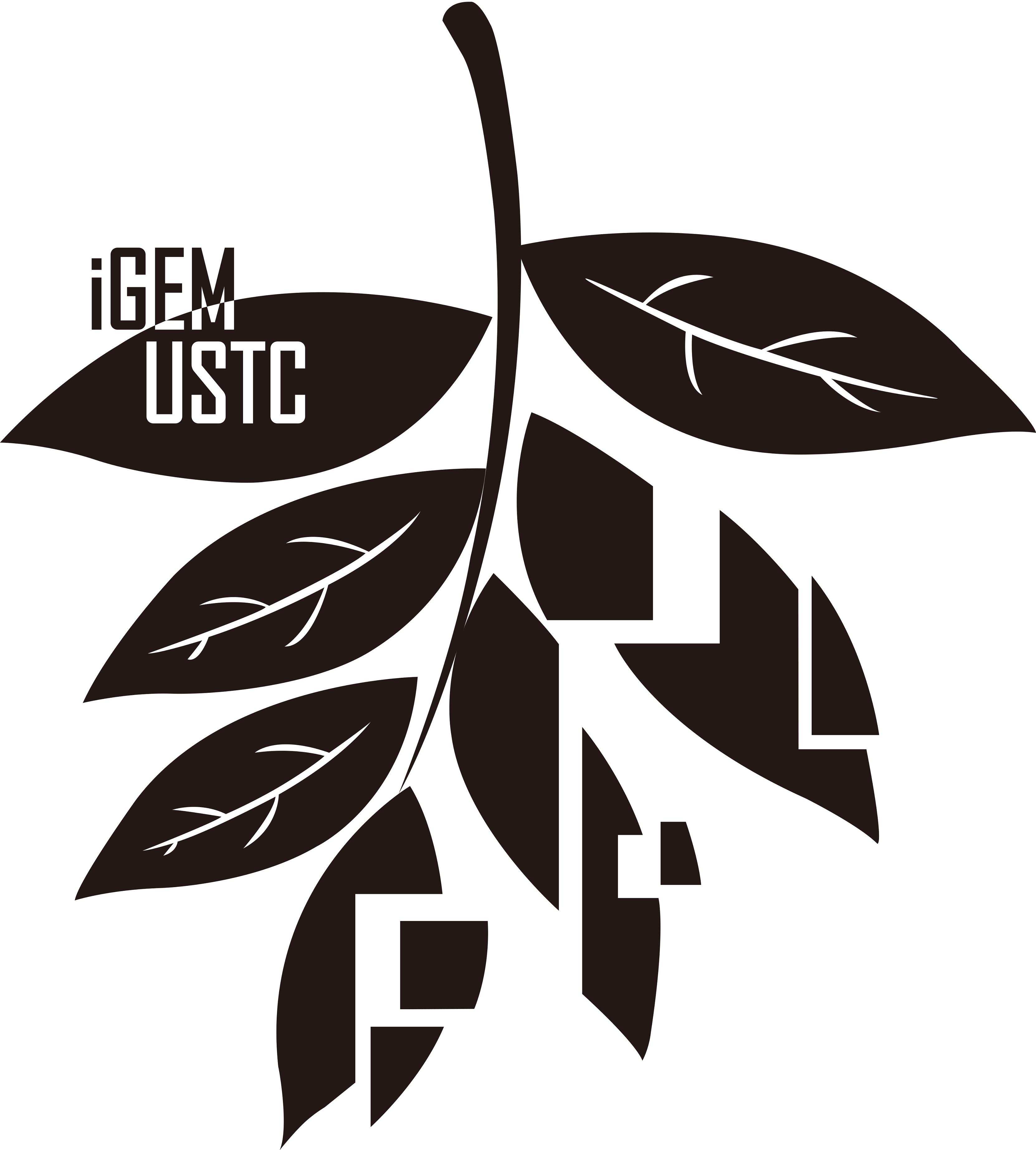
6. USTC
Since the USTC did a project related to Shewanella last year, we contacted the team members of this iGEM team and they provided us with the wild type of Shewanella and the shuttle plasmid of Escherichia coli- Shewanella pYYDT. In addition, they also provided us with some experience and suggestions on the cultivation and integration of Shewanella.
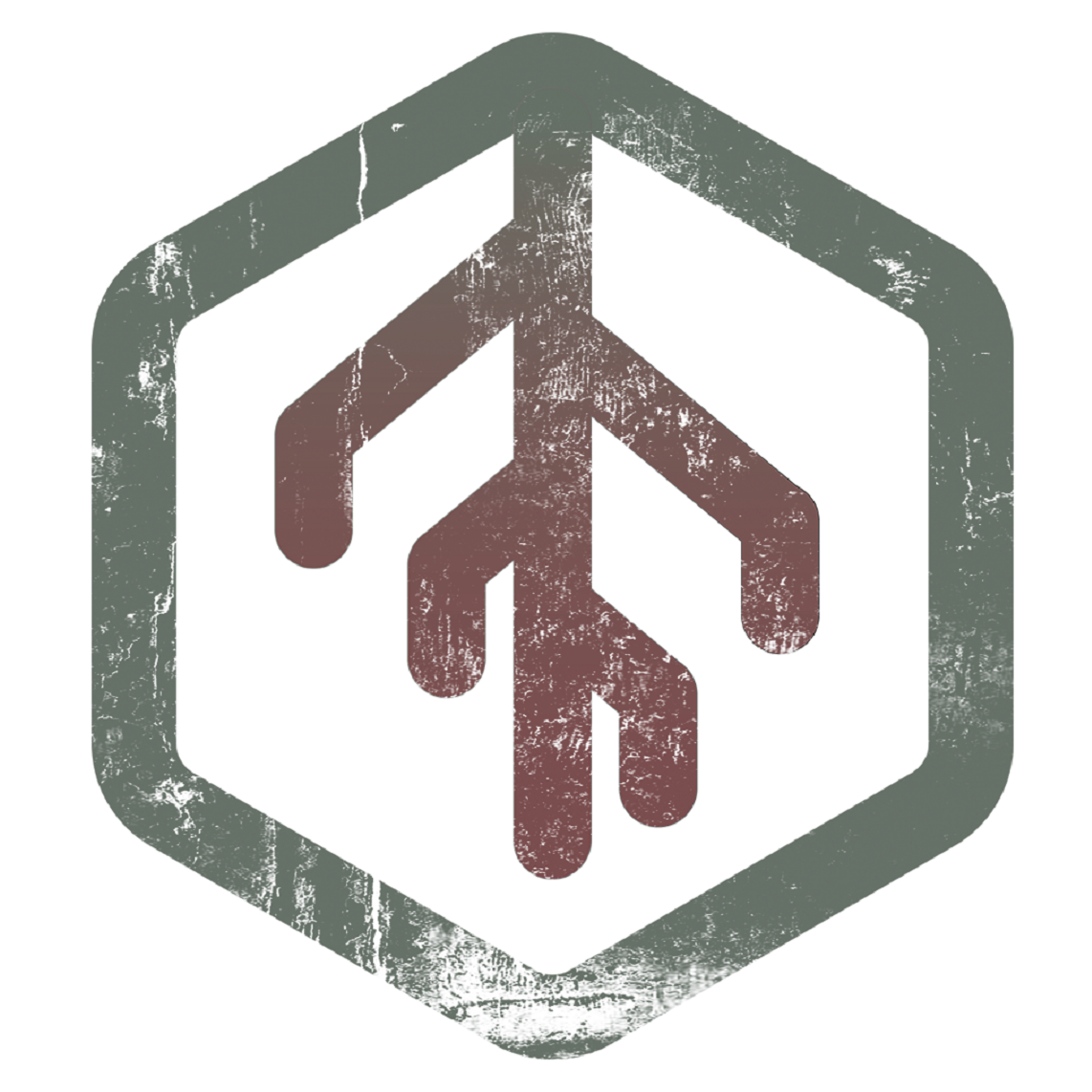
7. NCHU_Taichung
Besides that we contacted team NCHU_Taichung and they gave us the shuttle plasmid of Rhodopseudomonas palustris-E. coli. Furthermore, they also gave some suggestions on the cultivation and transformation of Rhodopseudomonas palustris. In addition, since team NCTU_Taichung was the first time to participate in this competition, they may be lack of experience of modeling. Thus, they wrote several emails to ask our team members about this part. We gave assistance to them on structure and direction.

8. Tianjin
In the course of project researching, our team was fortunate to read a paper from Tianjin University, which is of great help to our project. Therefore, we contacted the students of team Tianjin and contacted their instructor. The instructor answered many questions about the paper patiently and gave some advice for our project. In late August of this year, our team's student, Cheng Long , had an opportunity to communicate with their iGEM team members about their programme which was focus on Shewanella , visit their laboratory and power generation equipment. Furthermore, this year team Tianjin has designed a synthetic biology picture book for children’s enlightenment. When they told us their intention, our team found that it was a meaningful thought and could help children know more about synthetic biology which was good for their growth. Therefore, our team came up with some suggestions on stories for their picture book.



